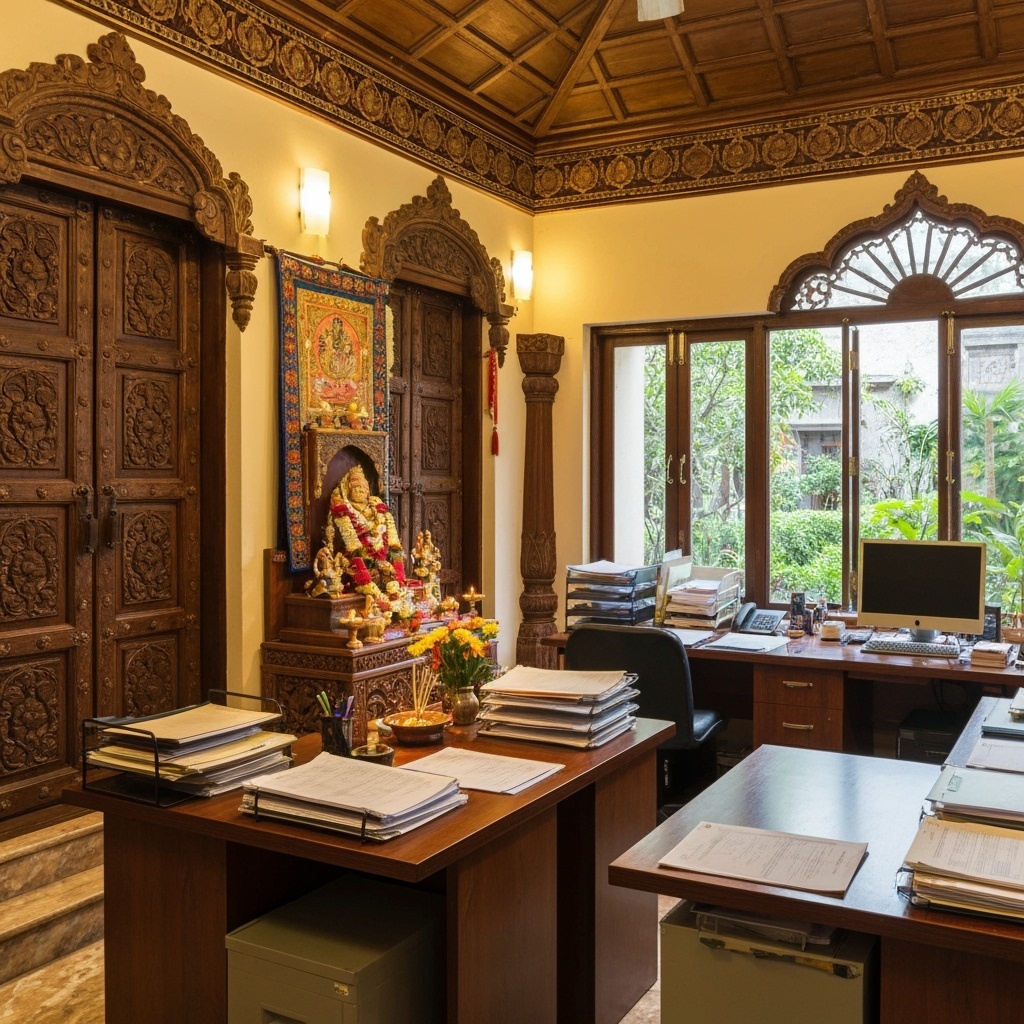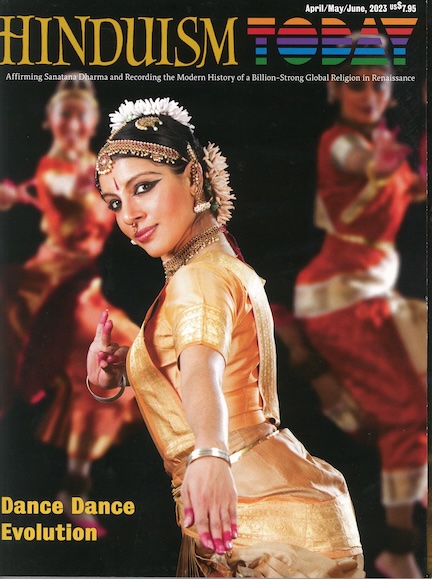Canadian Law Dictates A Will For Those Who Have Not Left One Canadian residents, which now include almost 400,000 Hindus, should know about the will their Province has written for them if they die “intestate”—that is, without a will. In these circumstances, “the surviving married spouse is often surprised by the way the estate is divided,” says Suzana Popovic-Montag, a partner at Hull and Hull LLP, a Toronto law firm specializing in estate, trust and capacity litigation. Rather than a simple transfer of ownership to the bereaved spouse, Ontario law gives the survivor the first $200,000 of the estate—the “preferential share.” The remainder is then split fifty-fifty with a sole surviving child or one-third and two-thirds if there is more than one child. In British Columbia, the spouse’s preferential share is $65,000, with one-half of the remainder going to the spouse and one-half to the children. In Quebec, there is no preferential share; the estate is simply divided one-third to the surviving spouse and two thirds to the surviving children. A written plan avoids such default formulas, but slightly less than half of Canadian adults have a will, much less a full estate plan, Suzana explained. “I find it difficult to understand why, after spending a lifetime amassing wealth, a person will not spend the relatively short time needed to plan for its distribution.” One factor that makes planning urgent is “deemed disposition” taxes. In Canada, the death of an owner triggers a tax on capital gains on assets that are owed by a deceased. This tax can be a significant liability of the estate. Another estate planning mechanism is the attempt to limit or eliminate probate tax on death. Many use joint tenancy to avoid the tax, Suzana explained, but this may cede unwanted control to an heir during life or expose a parent’s property to an adult child’s creditors. “Joint tenancy can be a real litigation nightmare in Canada,” she cautioned. We have seen situations where individuals use “elaborate tax planning to avoid probate tax,” Suzana observed. “They will sometimes spend a highly disproportionate amount on legal fees to avoid what amounts to, at the end of the day, a nominal tax.” However, procrastination, not probate tax, is the most common estate planning problem, according to Suzana. “‘I’m too busy to get to it.’ ‘I don’t own enough to worry about.’ ‘If I write an estate plan, something is going to happen to me,’ are common excuses.” Clients often need a triggering event—the birth of a child or a serious illness—to motivate them to get their documents in order. The Hindu Heritage Endowment encourages written estate plans both for the sake of their supporters and their families, and because without a written bequest neither HHE nor any other good cause is likely to share in the estate. “Some children may make gifts to charities they know their parents cared for,” Suzana notes. “Others show a strong sense of entitlement to the estate even before their parents’ death.” More than a will is needed to complete an estate plan, she said. “Powers of attorney for property and personal care allow you to appoint someone to make vital decisions if you become incapable of making them yourself.” Suzana encourages clients to prepare written estate plans to ensure that their wishes will be carried out efficiently and at the least cost. She points out that those who die without written plans generate controversy among heirs and unwanted legal fees. “Our firm does a lot of estate litigation that arises out of intestate situations.” For an on-line list of Canadian attorneys and law firms specializing in estate planning, Click Here For an estate planning toolkit Click Here |

Hinduism Today Lifetime Subscription Fund
Helps cover the magazine’s production and distribution costs

The Hindu Heritage Endowment Administrative Fund
Subsidizes the accounting and administrative expenses of HHE








